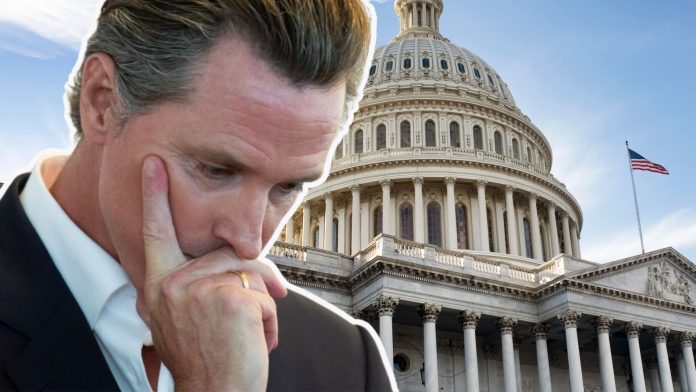The U.S. Senate voted Thursday to block California’s plan to phase out the sale of new gasoline-only vehicles by 2035, a major blow to the state’s climate policy and the electric vehicle (EV) agenda embraced by 11 other states.
The measure, which passed along largely party lines, aims to repeal a waiver granted by the Environmental Protection Agency (EPA) in December under former President Joe Biden. That waiver allowed California to require at least 80% of new vehicles sold by 2035 to be electric. The bill now heads to President Donald Trump for final approval.
If signed into law, the repeal would effectively halt California’s ability to set its own zero-emissions vehicle standards, a policy that has become a national benchmark adopted by states representing roughly one-third of the U.S. auto market.
Automakers, including General Motors, Toyota, and others, lobbied heavily against the EV sales mandate. Their industry group, the Alliance for Automotive Innovation, applauded the Senate’s decision.
The Senate action follows a broader wave of federal efforts targeting EV-related regulations and incentives. On the same day, the U.S. House passed a bill to repeal the $7,500 federal EV tax credit, add a $250 annual fee on electric vehicles to support road maintenance, and eliminate emissions rules designed to push automakers toward electrification.
If upheld in court, these moves could allow automakers to postpone or cancel planned EV rollouts, citing challenges in demand and production capacity.
California’s current rules require 35% of new light-duty vehicles in model year 2026 to be zero-emission — a goal automakers say is unrealistic, especially in states where EV market share remains around 10% or lower.



